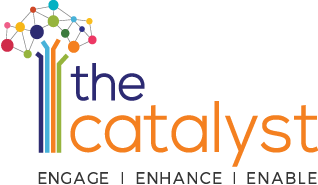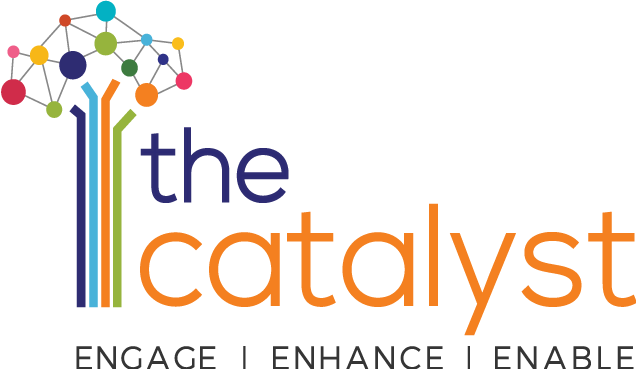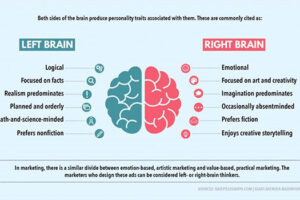Let me introduce you to the two main characters of my blog story today.
Person 1: He is called Mr P
He usually does his tasks right (at least he tries his best), has an outlook of performance, limits uncertainties by making the right choices, carefully selects new experiences and learnings that he wants to invest his time in, based on this careful selection, develops expertise on a limited set of skills. As he grows older, he becomes a shrewd businessman/ manager who is data focused, risk averse, makes calculated investments and consistent progress.
On the flip side, Mr P hates to take up new challenges and accept changes as this may taint his near perfect record. He fears uncertainty as he has always carefully planned each of his experiences and has always prided in being sure footed. His repertoire of skills and experiences is limited (though deep). He has always relied on data, but data this time is limited, uncertain and inspite of complicated analytics being conducted on tons of data, nothing substantial emerges. When pressured to perform, he launches a big idea and almost forces success, after all, failure is not an option. He has lived his life avoiding mistakes and seeking perfection. As there is too much riding on this one big idea and he cannot accept evidence of early failures and make tweaks – he is just too anxious.
Person 2: He is called Mr G
He treats life as a series of new experiences which bring new learnings. He embraces new experiences, accepts uncertainty, in the process building a broad repertoire of experiences spanning different subjects, schools, friends, industries and so on. He builds huge emotional intelligence as he gathers experiences of failures, newer relationships – some good and some not-so-good. He is able to handle problems and frustrations as he has often learnt to bounce back. He may not have expertise in a particular area but has the ability to find experts and learn from them. He is ok even if there are no experts and the field of study is completely new – he likes the uncertainty of new discoveries.
In his journeys, he unearths many new ideas, not obvious to others who have been too busy looking through and analysing data. He is not scared of actioning quickly, even when not fully ready, as early failures help him make tweaks without wasting too much time and resources. When faced with challenges, he explores and finds newer solutions. In newer situations, he succeeds more often.
Let’s consider – Who do you think will make more progress in life – Mr P or Mr G?
The world that we grew up in produced lots of Mr P’s. Infact, P’s were revered, rewarded and generally attained higher “success”.
In sharp contrast, in the world of tomorrow (where our children will grow up), the competencies which will define success will be centered around the ability to envision a future/story with limited data, the ability to tolerate ambiguity, embrace change, take risks, multi-task and learn quickly. It will be choice between experts or explorers, big picture thinkers or detail oriented thinkers, change resistors or change embracers.. and the VUCA world will increasingly embrace the latter.
My next question to you is – So, how do we create more Mr G’s?
The competencies described above need to adopted early on in life. The mindset of Mr G gets created while he is growing up and his brain is wiring its neurons. Mr P finds it almost impossible to migrate and become Mr G at the age of 30 (trust me!).
But the most relevant question is – Are we as parents and teachers creating opportunities for our children to imbibe these competencies early enough? Are we not chasing perfection in our kids, a track record of untainted success, a graph which only slopes upward – and in the process just creating a lot of P’s of yesterday.
Ah, and in case you are wondering, Mr P is Mr Perfection and Mr G is Mr Growth.








Leave a Reply
Your email is safe with us.
You must be logged in to post a comment.